Filter by
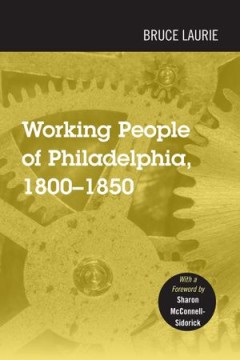
Working People of Philadelphia, 1800-1850
The study of the history of working-class life in America underwent a major transformation in the 1970s. Moving beyond labor history’s earlier institutional paradigm, with its focus on union structures and leaders, the New Labor History expanded its reach into new territories of working-class culture and community, to the point that the field today is generally referred to as Labor and Workin…
- Edition
- -
- ISBN/ISSN
- 9781439917947
- Collation
- -
- Series Title
- -
- Call Number
- 650
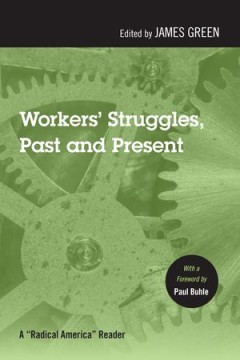
Workers' Struggles, Past and Present : A "Radical America" Reader
Selected from the pages of Radical America, these articles are a rare combination of labor and social history and contemporary studies of labor movement politics and workplace struggles.
- Edition
- -
- ISBN/ISSN
- -
- Collation
- -
- Series Title
- -
- Call Number
- 650
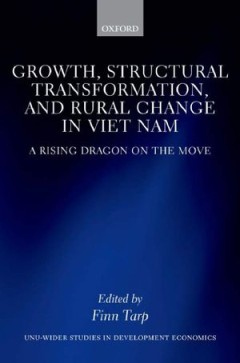
Growth, Structural Transformation, and Rural Change in Viet Nam : a Rising Dr…
Many developing countries—Viet Nam included—continue to struggle to raise incomes per capita. A common feature of the growth and development process is a fundamental change in the pattern of economic activity, as households reallocate labour from traditional agriculture to more productive forms of agriculture and modern industrial and service sectors. Broad structural transformation and wid…
- Edition
- -
- ISBN/ISSN
- 9780198796961
- Collation
- -
- Series Title
- -
- Call Number
- 650
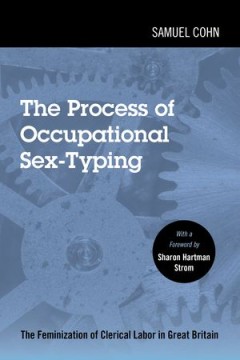
The Process of Occupational Sex-Typing : The Feminization of Clerical Labor i…
Samuel Cohn’s critical study of two Victorian British firms represents a radically new examination of women’s work. By contrasting the Post Office, which was the first employer to use female clerks instead of males, and the Great Western Railway, one of the last employers to make this change, Cohn identifies the organizational and economic limits to female employment. The Process of Occupat…
- Edition
- -
- ISBN/ISSN
- -
- Collation
- -
- Series Title
- -
- Call Number
- 650
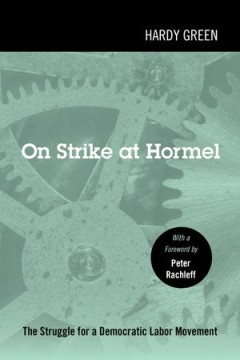
On Strike at Hormel : The Struggle for a Democratic Labor Movement
In December of 1984, the members of United Food and Commercial Workers (UFCW) Local P-9 initiated a campaign against wage and benefit concessions at Geo. A. Hormel Company in Austin, Minnesota. By summer, they were involved in what many observers would come to regard as the strike of the decade, both because of the energy and imagination of the union members and because of the nationwide respon…
- Edition
- -
- ISBN/ISSN
- -
- Collation
- -
- Series Title
- -
- Call Number
- 650
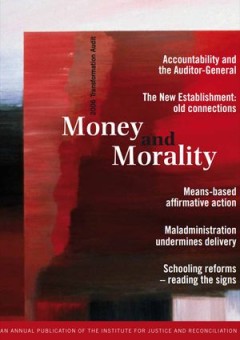
Money and Morality : 2006 Transformation Audit
South Africans are struggling to characterise the times we are living through. Is this a time of deepening grievance, of political patronage and plunder – or a season of hope and previously unimaginable opportunity for most? The 2006 Transformation Audit – Money and Morality focuses on accountability, corruption and its costs.
- Edition
- -
- ISBN/ISSN
- 9780958500272
- Collation
- -
- Series Title
- -
- Call Number
- 650
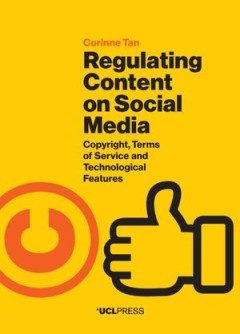
Regulating Content on Social Media
How are users influenced by social media platforms when they generate content, and does this influence affect users’ compliance with copyright laws? These are pressing questions in today’s internet age, and Regulating Content on Social Media answers them by analysing how the behaviours of social media users are regulated from a copyright perspective. Corinne Tan, an internet governance spec…
- Edition
- -
- ISBN/ISSN
- 9781787351714
- Collation
- -
- Series Title
- -
- Call Number
- 658.81 TAN r

Mary Heaton Vorse : The Life of an American Insurgent
The life of Mary Heaton Vorse (1874-1966) reads like a chronology of American radicalism in the first half of the twentieth century. The foremost pioneer of labor journalism in the U.S. and a prominent participant in the women’s universal suffrage movement, Vorse spent her life actively struggling for libertarian socialism, feminism, and world peace. Her friends and colleagues were among the …
- Edition
- -
- ISBN/ISSN
- 9781439917824
- Collation
- -
- Series Title
- -
- Call Number
- 650
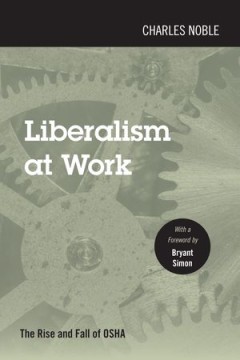
Liberalism at Work : The Rise and Fall of OSHA
On paper, the Occupation Health and Safety Act (OSHA) required employers to reduce the risks of illness and injury on the job regardless of the cost. Department of Labor health and safety inspectors could now show up unannounced at factories, construction sites, and offices and levy fines against employers who failed to comply. OSHA never lived up to its promises, however. Within a decade of th…
- Edition
- -
- ISBN/ISSN
- 9781439917961
- Collation
- -
- Series Title
- -
- Call Number
- 650
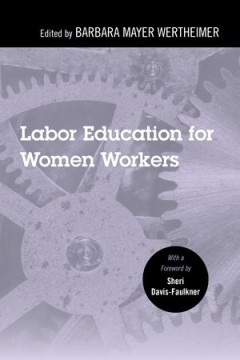
Labor Education for Women Workers
Labor Education for Women Workers was first published in 1981, a year that marked a significant shift in labor-movement history. When Barbara Wertheimer, working with a team of leading labor educators, published this essential text, it raised awareness of the importance of creating space for women workers to have solid labor education. They also identified a major gap in the literature on labor…
- Edition
- -
- ISBN/ISSN
- 9781439918043
- Collation
- -
- Series Title
- -
- Call Number
- 650
 Computer Science, Information & General Works
Computer Science, Information & General Works  Philosophy & Psychology
Philosophy & Psychology  Religion
Religion  Social Sciences
Social Sciences  Language
Language  Pure Science
Pure Science  Applied Sciences
Applied Sciences  Art & Recreation
Art & Recreation  Literature
Literature  History & Geography
History & Geography